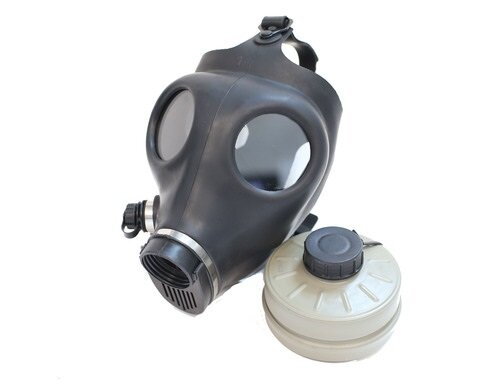A gas mask is a device intended to protect the wearer from noxious vapours, dust, and other pollutants. Masks may be designed to carry their own internal supply of fresh air, or they may be outfitted with a filter to screen out harmful contaminants. The latter type, known as an Air Purifying Respirator (APR), consists of a tight-fitting facepiece that contains one or more filter cartridges, an exhalation valve, and transparent eyepieces.
The first APR was patented in 1914 by Garret Morgan of Cleveland, Ohio, an African American inventor also credited with major improvements in the traffic signal. When the Cleveland Waterworks exploded in 1916, Morgan showed the value of his invention by entering the gas-filled tunnel under Lake Erie to rescue workers. This device later evolved into the gas mask, used in World War I to protect soldiers against chemicals used in warfare. Now gas masks are available for everyone. You can also buy gas mask on https://www.gasmaskpro.com/

Since that early time, there have been significant advances in gas mask technology, especially in the area of new filtration aids. In addition, masks have been made more comfortable and tighter fitting with modern plastics and silicone rubber compounds. Today APRs are used to filter many undesirable airborne substances, including toxic industrial fumes, vaporized paint, particulate pollution, and some gases used in chemical warfare.
These masks are produced in several styles, some that cover only the mouth and nose and others that cover the entire face, including the eyes. They may be designed for the military as well as industrial use but, even though the two types are similar in design, the military masks must meet different standards than those used in the industry.
